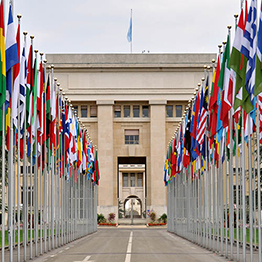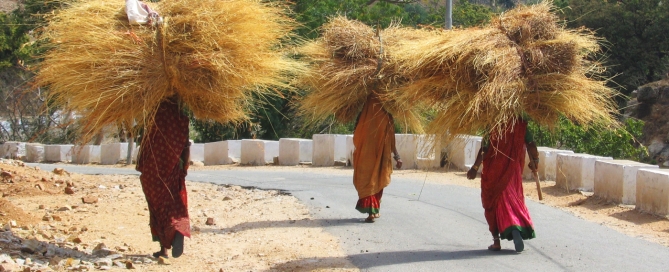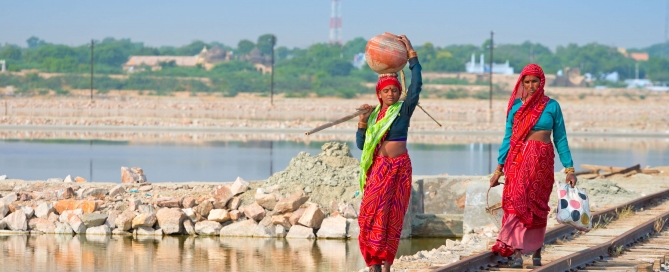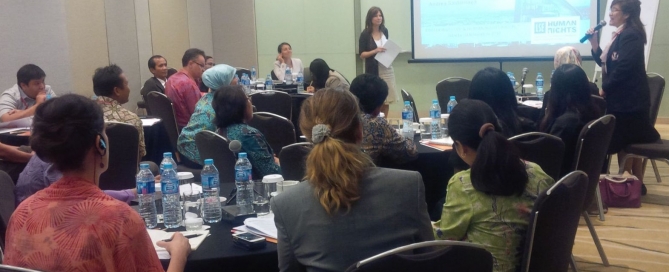The LSE IHRP has released its Guide to Implementing the UN Guiding Principles in Investment Policymaking. The web versions are now available in English, Spanish and Bahasa Indonesia.
Guide in English, PDF, 1MB
Guide in Spanish, PDF, 1MB
Guide in Bahasa Indonesia, PDF, 1MB
This Guide:
Aims to help States better implement their State duty to protect (DtP) under the UN Guiding Principles for
Business and Human Rights (UNGPs) across investment policymaking.
Highlights why investment policymaking should be a priority area for UNGP implementation.
Offers a practical Guide to implementation by (i) mapping the diverse State functions, instruments and actors
that are relevant throughout the life cycle of an investment project; (ii) presenting six key issues that are most
relevant for implementing the UNGPs in investment policymaking; and (iii) providing ideas and examples of
measures for State implementation.
Is intended for government officials who are involved in all stages of investment policymaking and for those
leading the implementation of the UNGPs; it is also intended for use by civil society, business enterprises and
other stakeholders who can contribute to improving the ability of States to protect human rights in the context
of investment.
IHRP work on the UNGPs and Investment Policymaking:
This Guide is one outcome of a larger IHRP research and capacity building project on the implementation of the UNGPs in investment policymaking. In late 2015, the IHRP hosted workshops and dialogues in Colombia and Indonesia. The in-country work was aimed at providing recommendations for integrating investment policymaking in the respective National Action Plans on business and human rights (NAPs). The work was coordinated with the officials in each country leading on the development and implementation of the NAPs. Each workshop explored how the UNGPs apply to investment policymaking, and what this implies in […]







